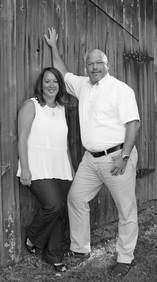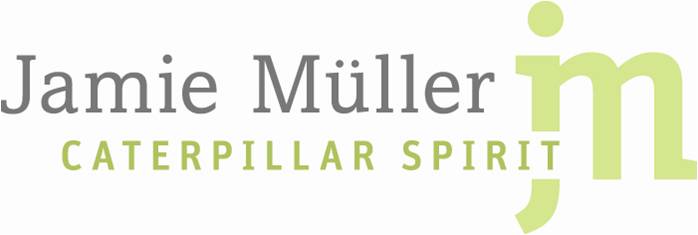|
Stuck in the past? Me? Never. Ha.
Many of us can relate to past events and thoughts that seem to go around and around and around in our minds. We end up carrying around dead weight of our past. This gets heavy and becomes exhausting. It is not easy. There is difficulty in letting go of the past, the brooding about things that did or didn’t happen or worrying about things that haven’t happened yet. “I’ve had a lot of worries in my life, most of which never happened.” ― Mark Twain Irreversibility: the idea that we carry a hidden assumption around with us that because of what has happened to us, nothing at all can ever be the same again. Why does this happen? It is because of the way we remember events in our lives from the past. When asked to recall happy events, research has shown, that our brains present one kind of pattern. A traumatic past event creates a different pattern. This is because of the way we remember such events, called ‘overgeneral’ memory. If this brain stuff interests you, you can learn more in pages 191-192 as well as from the studies conducted by Professor Richard Bryant and his work with firefighters. This is a pattern of the mind where we can very easily get stuck and think this is permanent and there is nothing we can do about it. Being trapped in the past, as stated in the book, is when recall past events in an overgeneral way. By overgeneralizing a past traumatic event, we are actually feeding a tendency to suppress memories of events we don’t like or make us uncomfortable. We don’t return to the specifics of the events, only the generality of the event. We get stuck inside our guilt and shame for what has happened and bring it to our present and future thinking, thinking it will never change. It feels permanent, but it is not. Mindfulness training has shown to shift overgeneral thinking to more specific thinking, changing the above brain pattern of such past events for us in how we recall them and releases us from this ‘trap’. Good news, right? I’d like to end this week’s post with key questions posed in this week’s chapter about kindness and compassion for the self – two keys to finding peace. - Do you tell yourself you shouldn’t be feeling the way you’re feeling? - Do I tell myself that you shouldn’t be thinking the way you do? - Could you being treating yourself with more compassion and kindness? YES? A good place to start is with this mantra meditation (p. 198): May I be free from suffering. May I be as happy and healthy as it is possible for me to be. May I have ease of being. Comments are closed.
|
Get culture bumps
|
Copyright © 2024 / Caterpillar Spirit / Heidelberger Strasse 70 / 69151 Neckargemünd-Waldhilsbach / Germany
Tel.: +49 (0) 172 75 71 479
info(at)caterpillarspirit.com
Work. Live. Lead. Successfully Across Cultures.
Tel.: +49 (0) 172 75 71 479
info(at)caterpillarspirit.com
Work. Live. Lead. Successfully Across Cultures.

 RSS Feed
RSS Feed

